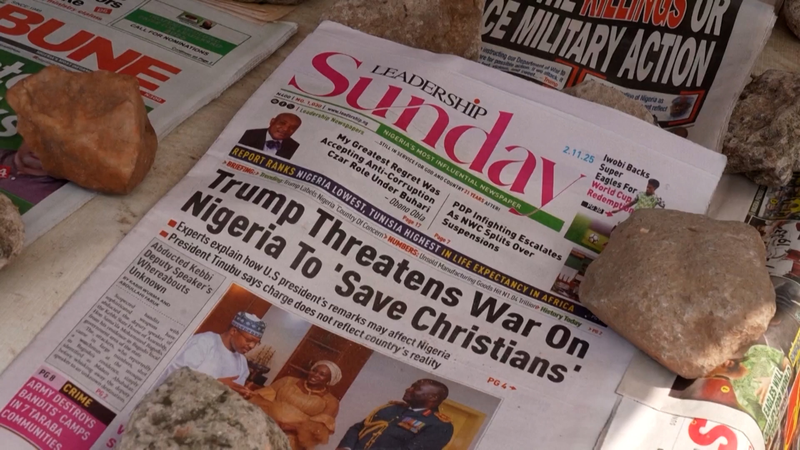U.S. President Donald Trump has threatened possible military intervention in Nigeria, accusing the Nigerian government of failing to safeguard its Christian minority amid a surge of sectarian violence. The move underscores growing frustration in Washington over Nigeria's handling of religious tensions.
In a public statement, Trump warned that if Nigeria does not take stronger steps to protect Christians facing attacks, the U.S. will consider targeted actions to hold Abuja accountable. The threat signals a hardening of U.S. foreign policy, with human rights and religious freedom emerging as key pressure points.
Nigeria's president swiftly rejected the allegations, asserting that his administration is committed to protecting all citizens regardless of faith. Abuja's rebuttal emphasized ongoing security operations against extremist groups, urging international observers to avoid oversimplifying Nigeria's complex social landscape.
Experts say the standoff highlights broader challenges in balancing diplomatic pressure and local sovereignty. While some analysts praise the spotlight on religious rights, others caution that external threats could complicate Nigeria's efforts to build inclusive stability.
As the international community watches closely, stakeholders from human rights organizations to regional leaders are calling for renewed dialogue and practical measures to address underlying grievances and prevent further violence.
Reference(s):
cgtn.com



